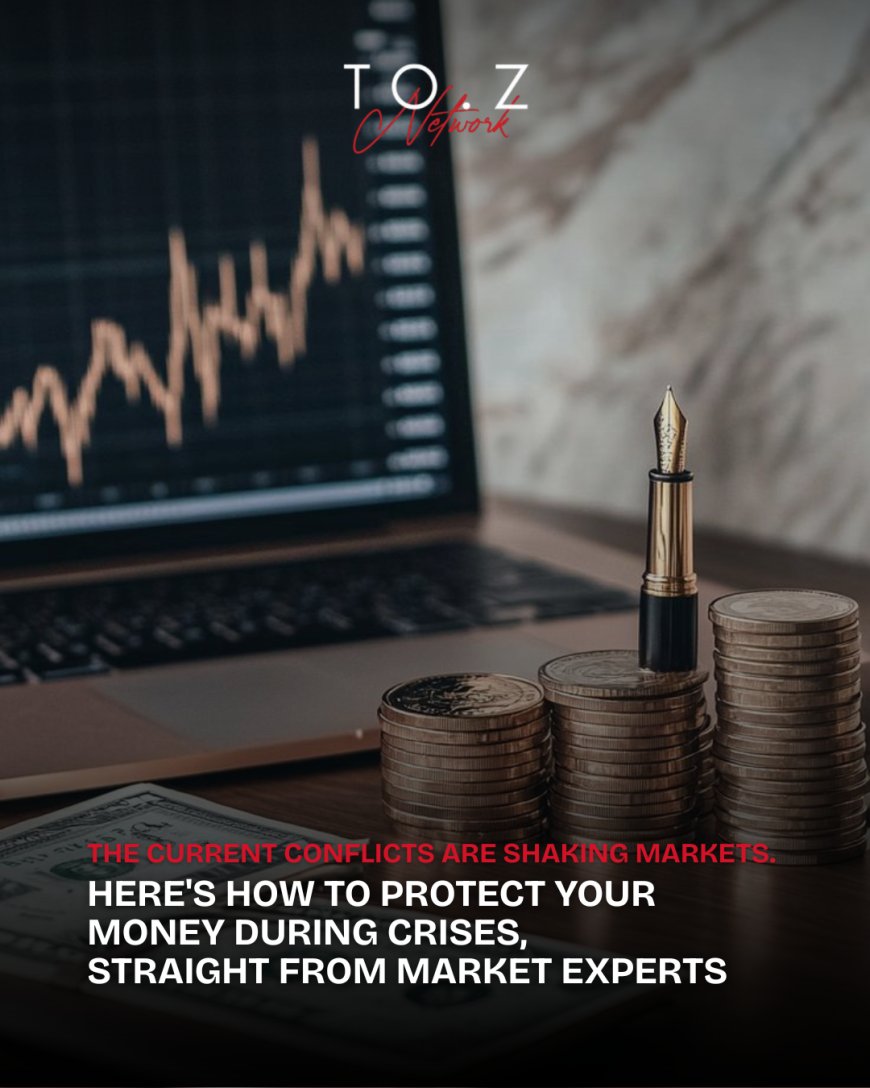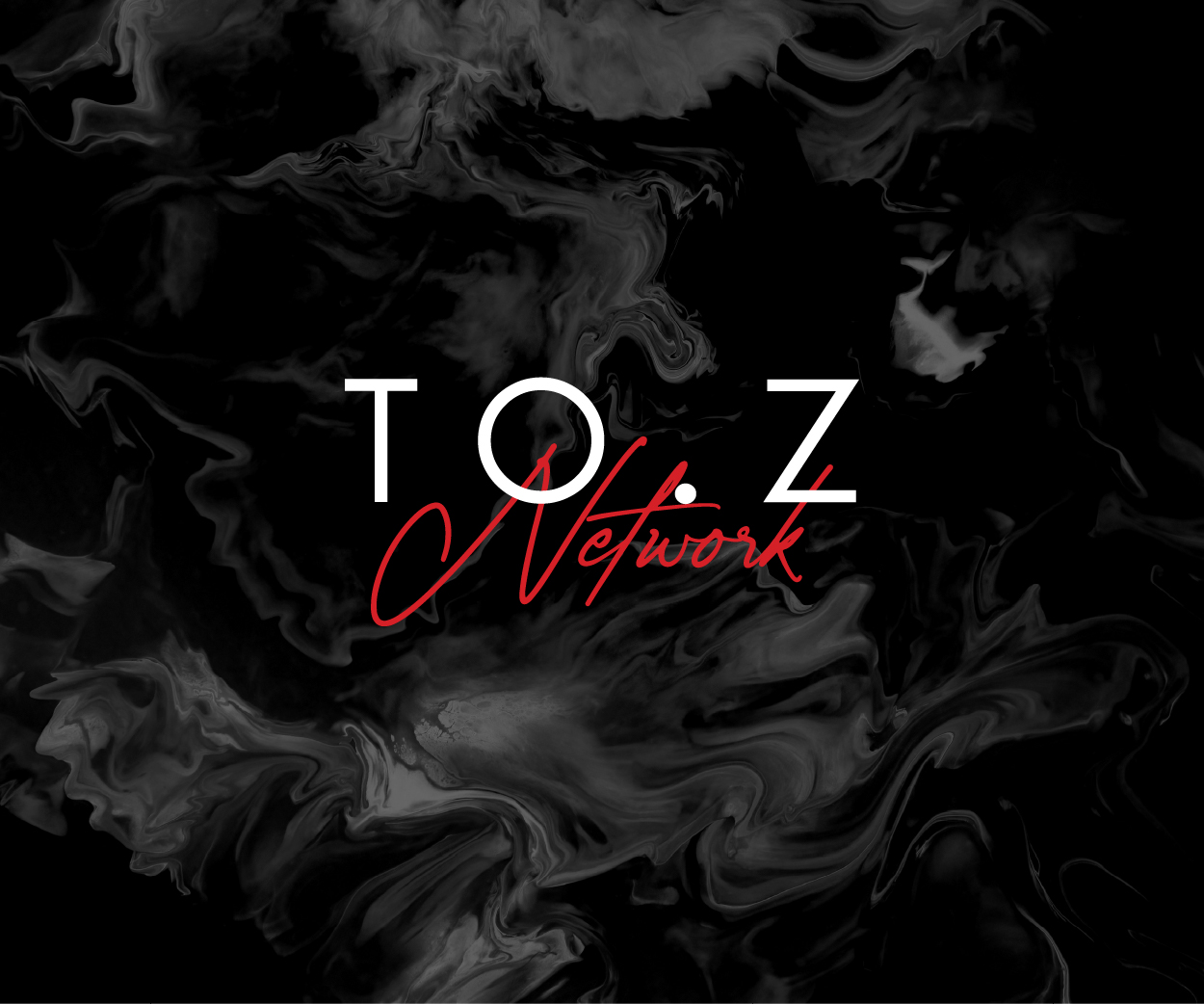How to Protect Your Investments Amid the global conflicts: Experts Weigh In
Discover expert-backed strategies to protect your investments during the Iran-Israel conflict. This article covers the financial impact on oil, stocks, currencies, and crypto, and outlines practical short- and long-term investment recommendations.

Ongoing Conflict Shakes Global Markets
The military conflict between Iran and Israel, now entering its sixth day, is already leaving a significant impact on global financial markets. As tensions escalate, investors are increasingly turning to safe-haven assets amid fears of nuclear escalation and the potential closure of the critical Strait of Hormuz — a vital route for global oil trade.
The immediate market reactions have been sharp: oil prices have surged by over 11% since the crisis began, and shipping costs for oil from the Gulf to China jumped 24%, according to analytics firm Kpler. Stock markets across the region and beyond have been affected, with Saudi Arabia’s TASI index dropping 3.4%, while U.S. indices like the S&P 500 and Nasdaq suffered losses exceeding 1.5%.
Impact on Commodities, Currencies, and Crypto
The conflict has not only disrupted energy markets but also shaken global currencies, commodities, and even cryptocurrencies. Investor sentiment remains fragile amid fears that the conflict will drag on, especially after Israel threatened to destroy Tehran, and former U.S. President Donald Trump publicly urged people to evacuate the Iranian capital.
How to Safeguard Your Portfolio During War
In response to the rising uncertainty, Forbes Middle East consulted with leading financial market experts to outline the best strategies for protecting investment portfolios during the crisis.
Dr. Fatima Al Arabi, a strategic advisor at Alaf Capital, emphasized that if tensions spill over to the Strait of Hormuz — through which 20% of global oil and 30% of liquefied natural gas pass — the ripple effect could touch all sectors. Potential outcomes include surging shipping insurance costs, delivery delays, and the rerouting of trade through longer, more expensive paths.
What to Expect from the Conflict
Amr Zakaria Abdo, a financial markets and sustainability expert, stated that it's currently difficult to predict the conflict’s end due to both sides operating at full capacity. If the U.S. authorizes Israel to use nuclear weapons, it could either spark a full-scale regional war or usher in a period of reconstruction and economic collaboration — though the latter remains unlikely.
Short- and Long-Term Market Consequences
Dr. Al Arabi categorizes the financial fallout into short- and long-term effects:
Short-Term Outlook:
-
Increased volatility in regional and global markets
-
Temporary capital flight from the region
-
Shift to safe-haven assets like gold and U.S. Treasury bonds
-
Brent crude surpassing $100/barrel
-
Sharp rise in liquefied natural gas prices
-
Weakened consumer purchasing power and higher inflation
-
Currency instability in emerging markets, alongside volatility in the Israeli shekel and Iranian rial
Long-Term Outlook:
-
Potential shift in regional economies toward self-sufficiency in food, energy, and digital infrastructure
-
Pressure on central banks to maintain tighter monetary policies
-
Investment opportunities in agri-tech, renewable energy, and defense
Top Investment Recommendations During the Crisis
Experts suggest the following strategies to protect and potentially grow investments during the conflict:
✅ Invest More in Safe-Haven Assets:
-
Gold
-
U.S. Dollar
-
U.S. Treasury Bonds
-
Hedge Funds
-
Energy Sector
Reduce Exposure to Vulnerable Markets:
-
Avoid emerging markets highly affected by oil import inflation
-
Monitor currency volatility and hedge against risky currencies using stronger ones like the Euro, Swiss Franc, or British Pound
Long-Term Strategic Shifts:
-
Gradually re-enter regional high-quality stocks once the conflict stabilizes
-
Focus on winning sectors: defense, cybersecurity, local food, and energy infrastructure
-
Diversify into non-oil-dependent sectors with high logistics reliance
Increase Exposure to Energy and Defense Sectors
- Oil, gas, and defense companies usually grow during conflicts. They’re smart places to invest right now.
Diversify Across Asset Classes
- Spread your money across different types of investments. It helps lower your risk.
Don’t Panic & Follow a Strategy
- Recheck your investments, adjust where needed, and think long-term. That’s how smart investors win.









